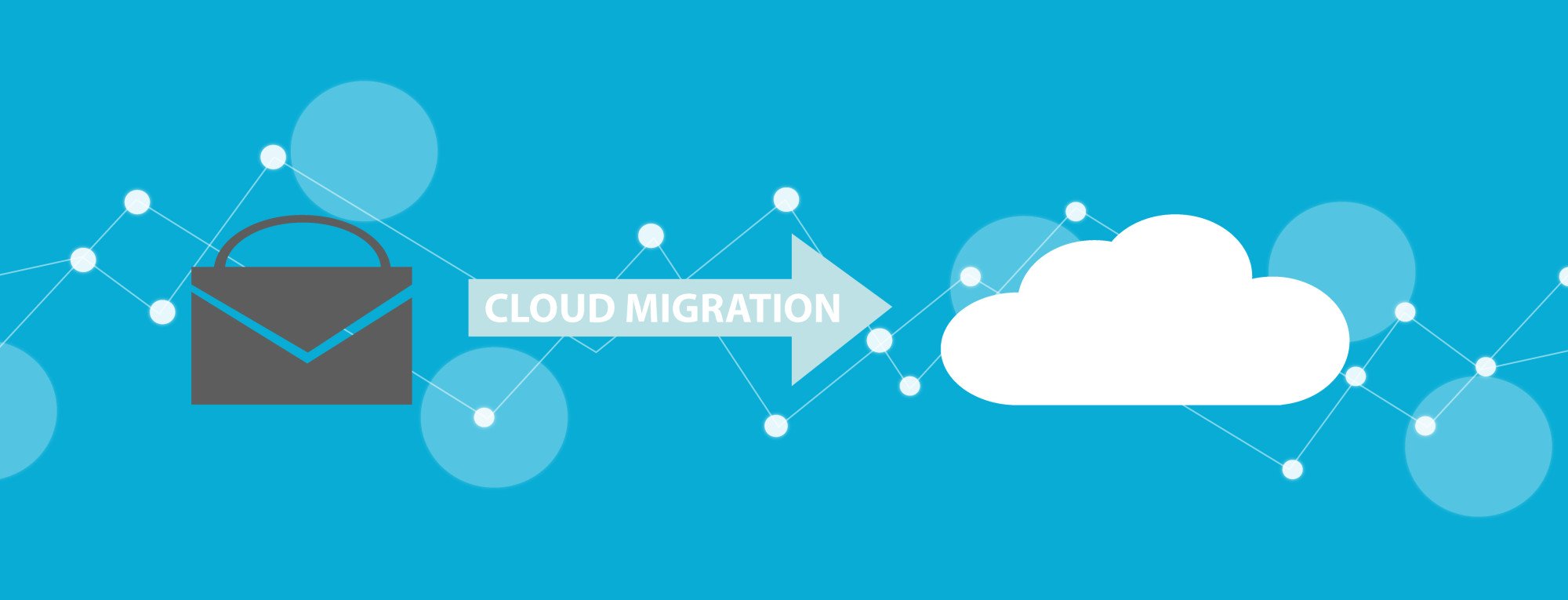Does Your Business Need its Own App?

Everyone has their own app these days. From the camera, you use to spy on your pet when you’re not home to your grocery store. Why are businesses using up our phone space like this?
That’s simple because it works. Customers love anything that makes their life easier and their frequently used products more accessible.
Think your business needs to get in on this app game? Read the guide below.
The Target Example
If you shop at Target all the time, there’s no need to clip coupons. The Target Cartwheel app tells you which coupons are available when and lets you save them in your app.
There’s no more, “I had a coupon but I forgot it!” panic at the checkout counter. You open your phone and scan away.
While it’s something that takes up data-space on your phone, it reduces the physical things you need to carry. Target is providing value to their customers by saving them money and making it easy to do so.
That’s easily worth the bytes of space it takes up on someone’s phone, right?
Right. Other stores have had success doing the same thing. You can even use that Cartwheel app to check if your certain Target has a product you’re looking for.
This is what we call a direct marketing channel.
Benefit #1 Direct Marketing
As a business, if you have an app, you have a straight shot at getting your content to your users. You don’t have to beg them to open an email with cleverly thought out subject lines.
All you do is put something in the app. Of course, then they have to open it, but you can send push notifications when there are new app-related offers.
Since the average open rate of a promotional email is less than 30% on a good day, this is a big improvement.
Your customers get the benefit of personalized offers and notifications for new content. You get the benefit of a direct channel to get your message through to them.
Direct marketing is a win-win.
Benefit #2: Branding
When you have your own app, you have unlimited opportunities to brand yourself. Not only will your logo be on someone’s screen, but you can sear your colors and message into their brain with the features of your app.
Is your brand elegant? Hip? Young? Stylish? You can work with your app designer to convey this mood into your app graphics.
You can also advertise your app instead of pushing your services or products. Facebook Ad Manager has an app option that will link someone to the app store for their device type.
For people who get products pushed to them endlessly (everyone) this seems like you’re saying, “Hey, wanted to let you know we have an app”. Instead of “Hey, Buy This!” it’s a nice break from the regular narrative.
Benefit #3 Higher Recognition
Effective frequency is a marketing theory that says you have to show someone your products 20 times to get noticed. That’s a lot of money to spend to get attention!
You can change up how you spend that money and the type of impressions people see by using things like related apps. If someone installs a competitors app or something in your same niche, they’ll likely see your app offering too.
That’s free and provided by the app store. It helps if your app has high reviews or a high number of downloads.
Benefit #4 Customer Loyalty
If you have a business that provides value to your customers that’s easily accessible through an app, they’re going to keep using it. This brand loyalty is almost impossible to get any other way, other than purchases.
Brand loyalty is a powerful thing. People are creatures of habit and if buying things from your brand is easy, they’re more likely to make it one of theirs.
Do You Need Your Own App?
After reading the benefits of having a mobile app, you’re probably thinking you need your own. However, not every business needs an app. There are more things to consider than the benefits of apps, like the questions below.
1. Can You Afford It?
Is developing, creating, and advertising a business app in your own budget? You don’t want to create a bad or glitchy app because it was all you could afford. If you have an app, it needs to be top of the line.
2. Can You Keep it Active?
Let’s say you have the money for creation and development. Do you have the money to hire a team that will keep your app up to date? Who will populate the app with all your products or services?
Does your scheduling software communicate with app-scheduled appointments? If you don’t want to hire a team, which tasks will your current employees have to give up to work on app-related duties?
They can’t do everything.
3. Is it Useful?
Don’t develop an app for the experience of developing an app. Does it provide value to your customers? See if your competitor has an app. If they do, what does it do? What can it do better?
Some niches don’t need an app, like a bar – do you really want to keep up with app drink ordering when you’re slammed on a Saturday night?
If it’s not right for your own business, that’s ok. Spend that time and money improving the things that do provide your customers value. That’s a much better use of your time and money.
Your Own App: The Decision
After reading this article, do you still think your business needs a mobile app? If you got ideas from this article, great! Write them down. Do a complete brain dump of your app idea and then answer the “Do I need one?” questions.
Get other opinions from your employees or colleagues. Would they use their own app if they were a consumer? Really think it through.
Otherwise, focus on improving your branding in other ways, like hiring a professional agent to help market your business in the best way.
Better branding is never a bad thing!


